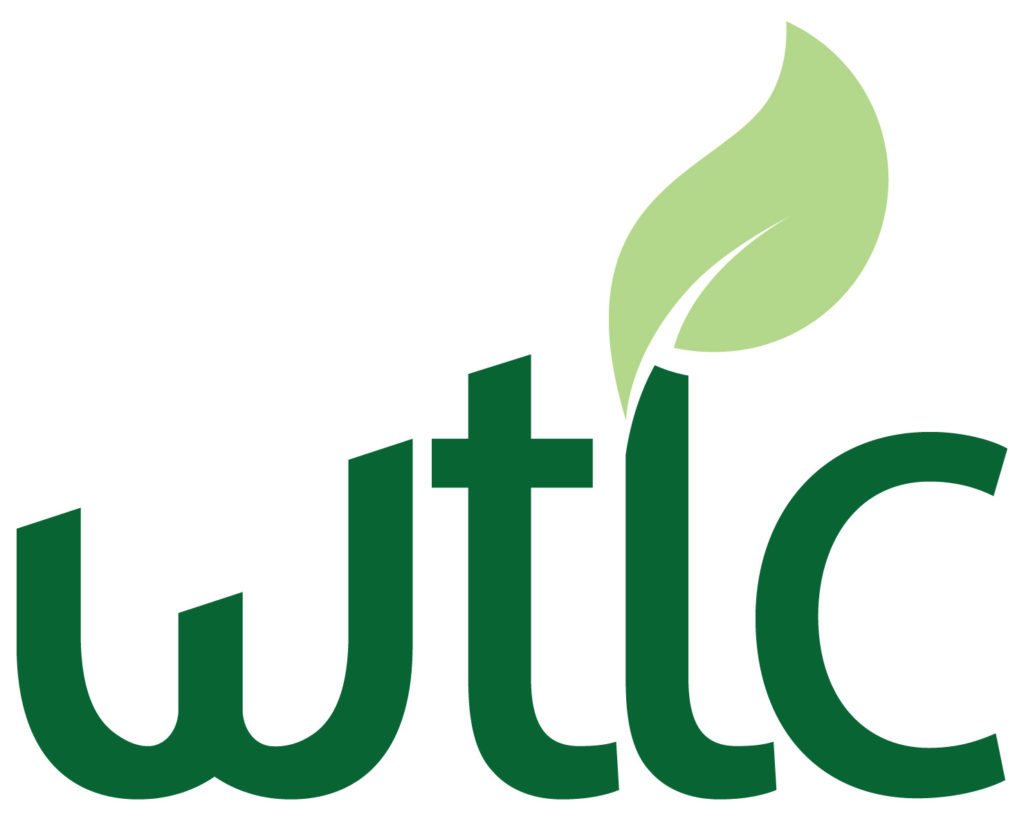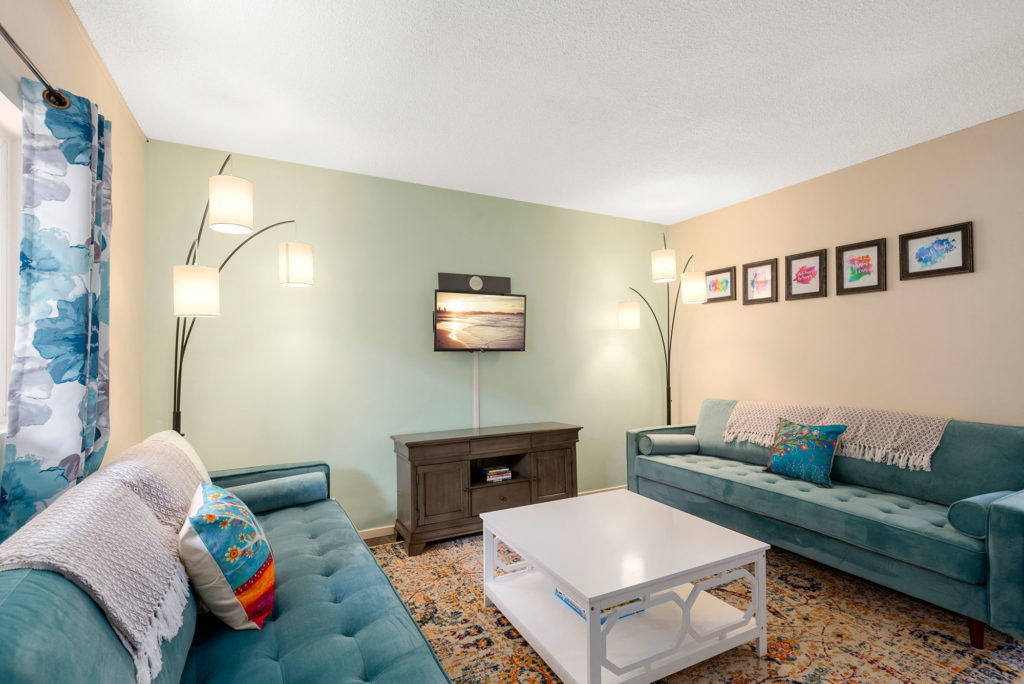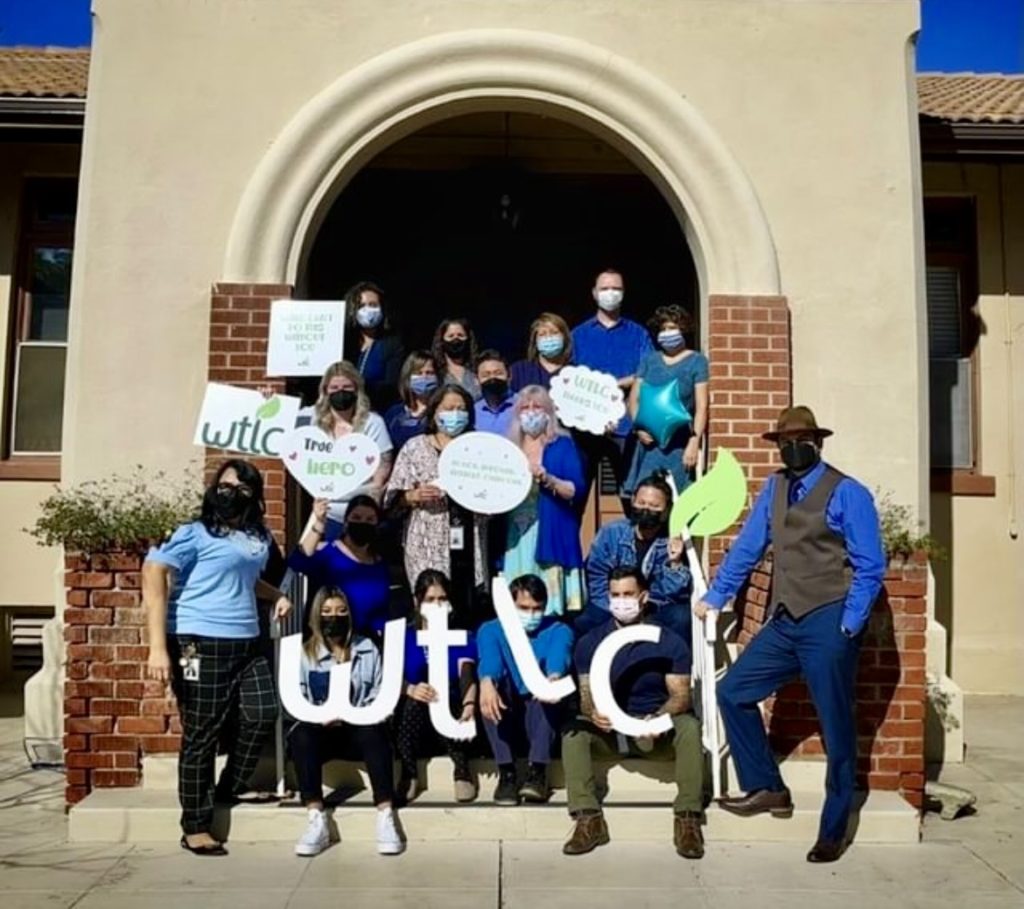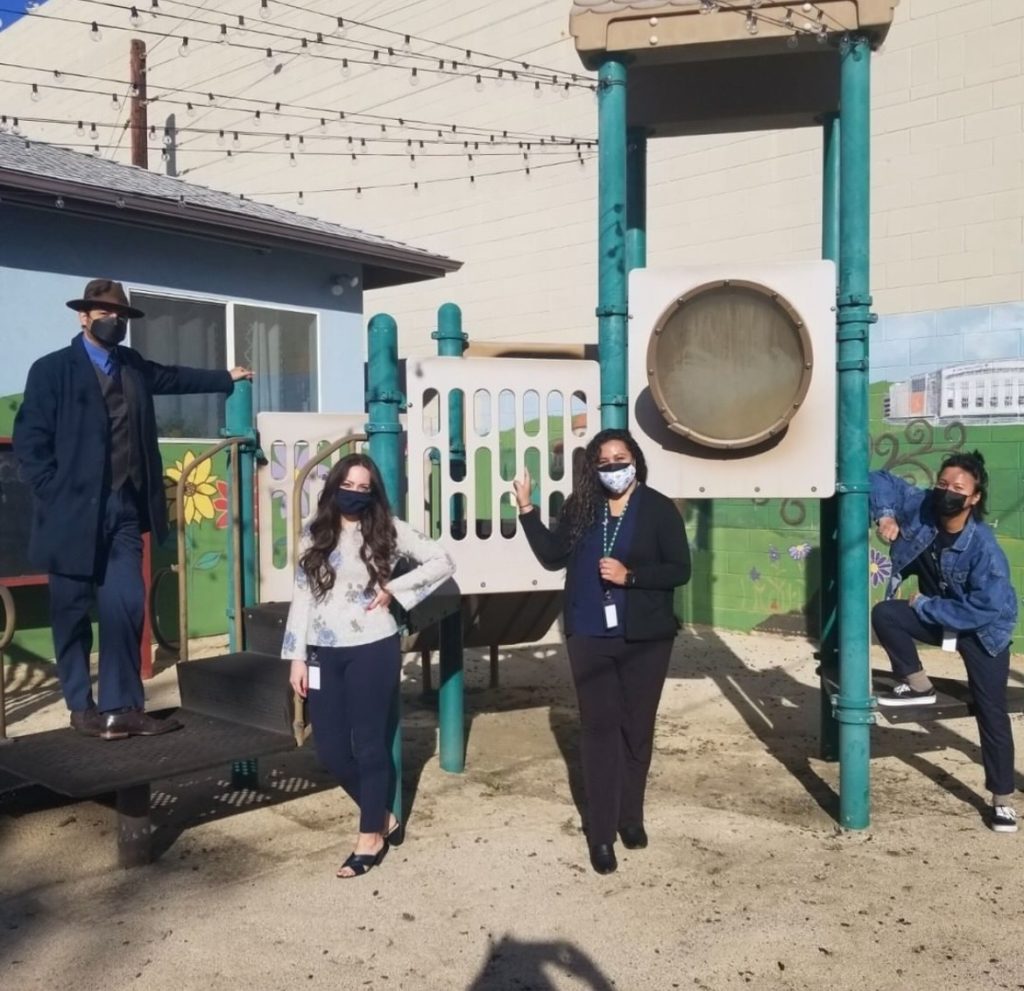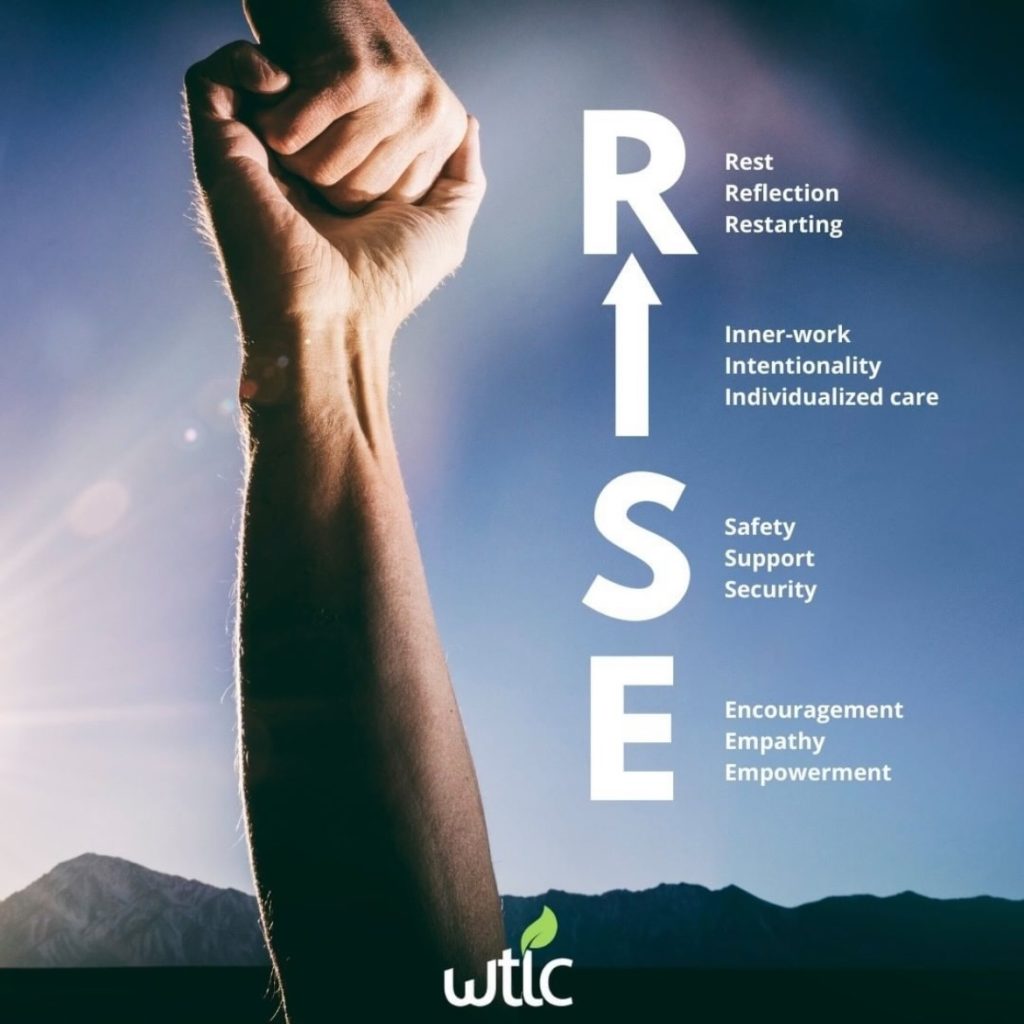WTLC is a committed and active member of the Family Solutions Collaborative, and one of four Domestic Violence / Victim Service Providers in our membership. They were a part of the development of our family system-wide Domestic Violence Integration Project.
About WTLC:
Women’s Transitional Living Center, Inc. (WTLC) was founded in 1976 as the result of a needs assessment study of battered women in Orange County, conducted by the National Organization for Women’s Task Force on Family Violence. Originally created to meet the extraordinary need for shelter services for survivors of domestic violence, WTLC quickly expanded to providing a comprehensive residential program, a children’s program, a crisis hotline, and a community services program. From the beginning, WTLC was committed to service all victims of violence including women struggling with substance abuse or mental illness and survivors with older male children.
Share an innovative approach you have used to prevent and solve family homelessness:
As an agency that serves survivors of domestic violence and human trafficking, WTLC often sees participants who come from a place of total isolation. Their abuse may have involved limiting interactions with friends and family, preventing them from working outside the home, or restricting access to phone and/or email. Re-establishing community is key to long-term stability and healing. While in our programs, survivors are encouraged to participate in group counseling, peer-led empowerment groups, and other community-based activities; we also help connect them to culturally specific partner agencies that can help provide community; and after leaving WTLC, they are invited to remain a part of our community by receiving our client newsletter, joining our After Care program, or simply by reaching back out at any time. Helping survivors re-establish community ensures that they have networks of support to help address any stability concerns that might arise in the future.
How has your agency reduced barriers for families to access services and what did you learn in the process?
WTLC has built survivor-driven advocacy and flexibility throughout all aspects of our programs and services. We consider the participants in our program’s experts in their own experiences and needs and empower them to guide their own time in our programs. For example, we no longer enforce strict length-of-stay limits, we do not require participation in additional supportive services to receive shelter support, and we work to accommodate non-traditional needs such as housing for pets or connection to sober living while in our programs. As survivors of abuse, the participants in our programs often come to us from a place where they lacked agency and had very limited control in their day-to-day lives. By providing a flexible space for survivors to regain ownership of their own lives and recoveries, we are able to encourage fuller levels of commitment and engagement.

